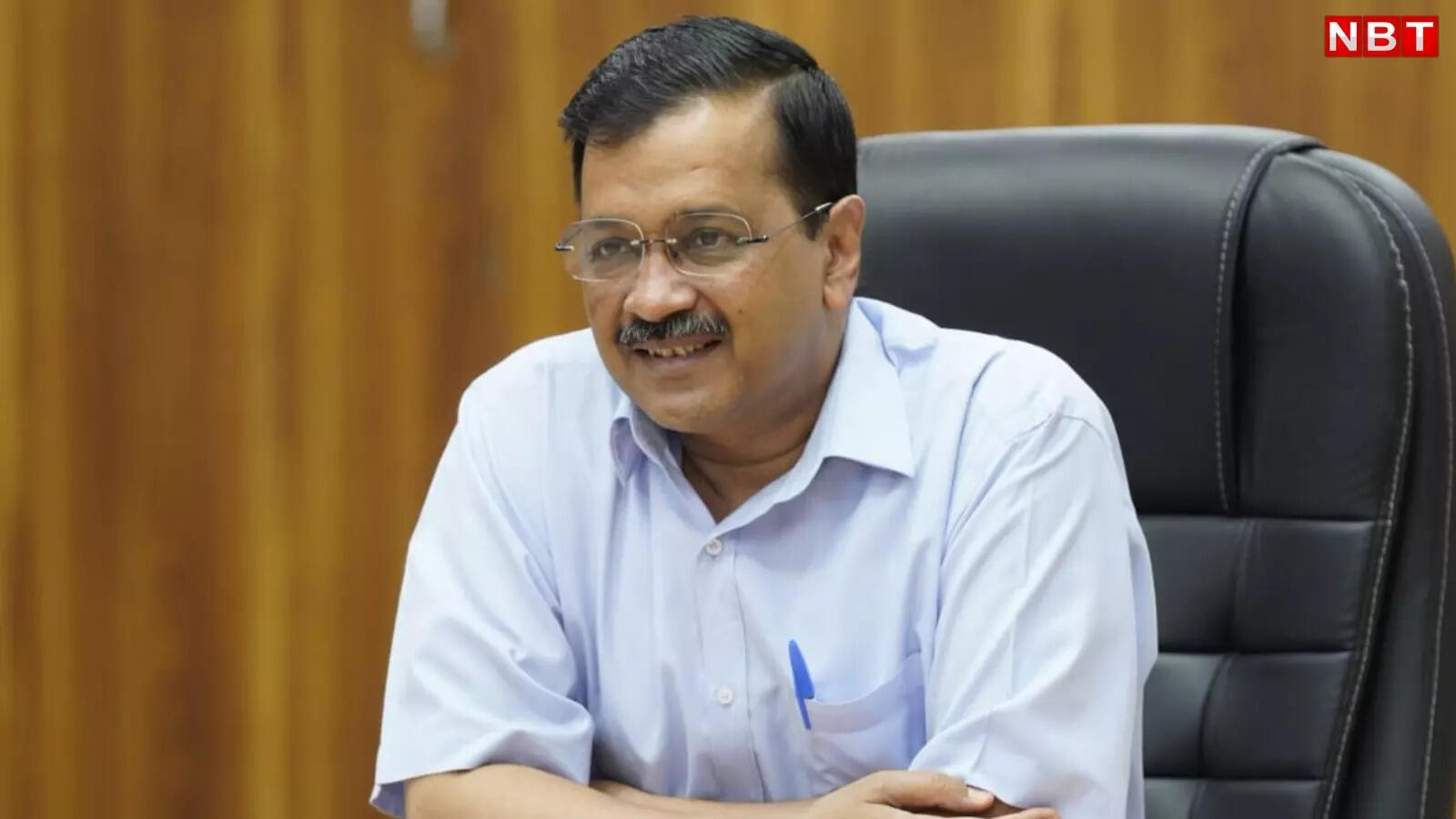Now Reading: दिल्ली में पार्षदों की बगावत से घिरी AAP, कार्यकर्ताओं का बेरुखी का आरोप
-
01
दिल्ली में पार्षदों की बगावत से घिरी AAP, कार्यकर्ताओं का बेरुखी का आरोप
दिल्ली में पार्षदों की बगावत से घिरी AAP, कार्यकर्ताओं का बेरुखी का आरोप

Fast Summary:
- AAP Councillors’ Defection: 15 councillors of the Aam Aadmi Party (AAP) have left the party and formed a new political group called Indraprastha Vikas Party (IVP). This move is not legally challengeable, as anti-defection laws do not apply to Delhi’s Municipal Corporation wards.
- Leadership Disconnect Allegations: AAP workers claim that post-election defeat in Delhi, leadership engagement-especially by Arvind Kejriwal-has been minimal.Some councillors stated they felt abandoned, which has reportedly reduced morale.
- Focus on Punjab: Senior AAP leaders like Kejriwal, Manish Sisodia, and Satyendra Jain continue to prioritize Punjab-the only state where AAP currently holds power-over managing local challenges in Delhi.
- Potential Reasons for Defection: The defecting councillors accuse the party’s top leadership of poor coordination since their election under the AAP ticket. they cite unmet promises to voters and lack of strategy from higher-ups.
- AAP Accusations Against BJP: AAP alleges BJP offered Rs 5 crores per councillor as an inducement for defection ahead of committee elections in the Municipal Corporation. BJP has denied thes claims, stating that internal dysfunction within AAP caused this split.
Indian Opinion Analysis:
The mass defection from AAP highlights significant internal challenges faced by one of India’s major regional parties. The timing-ahead of critical municipal committee elections-is consequential for both civic governance and political strategy in Delhi. While some defections are attributed to grievances over leadership disconnects post-election loss, they underline broader issues related to organizational cohesion and communication at grassroots levels.
The reallocation of focus toward Punjab signals a strategic prioritization but may be contributing to neglect elsewhere-raising questions about long-term sustainability for regional governance under-party control.Moreover, allegations against BJP regarding inducements remain unverified but fuel debates around ethical electoral practices at local levels-a recurring theme across India’s multi-tiered democracy. Irrespective of their cause or veracity, these developments can disrupt efficient functioning within the MCD administration which directly impacts basic civic services residents depend on daily.
For more details: Read More

























